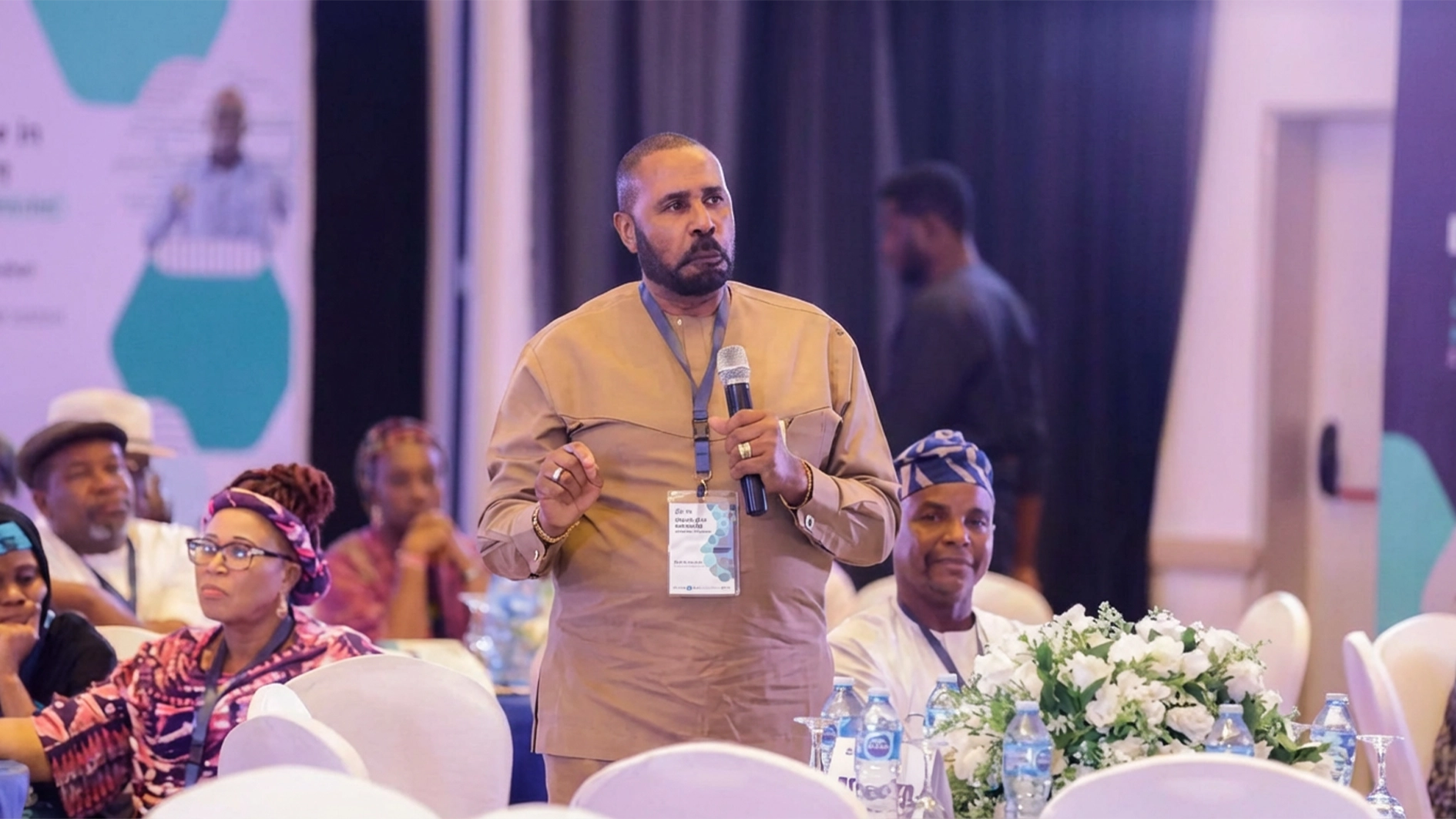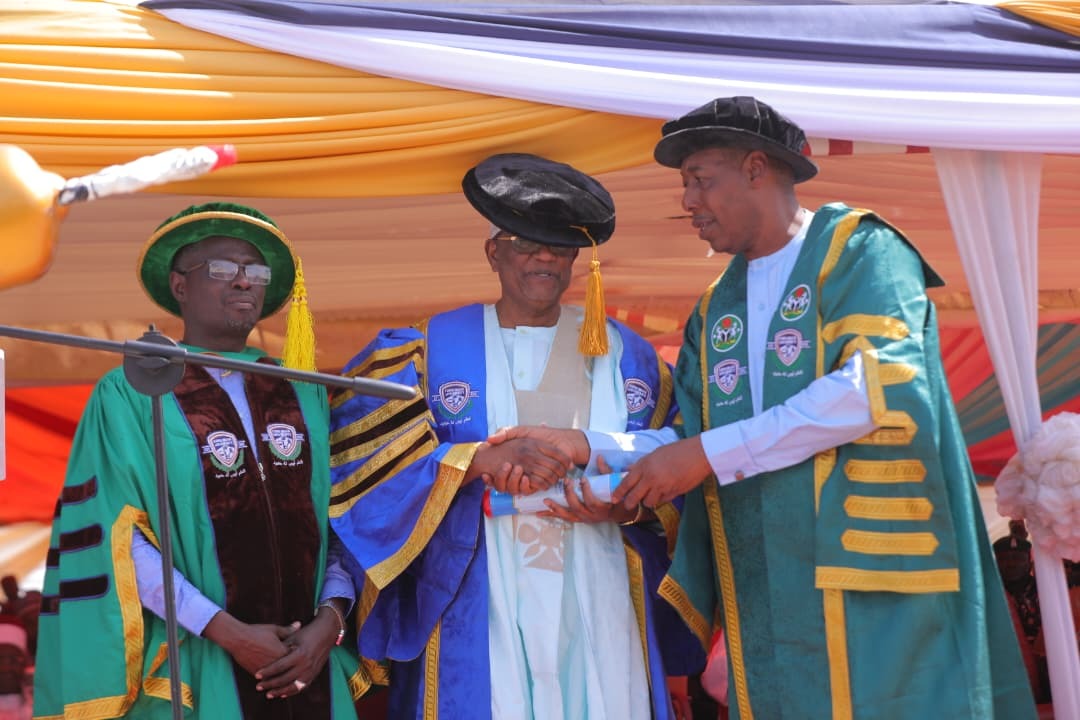The Minister of Education, Dr Olatunji Alausa, has raised concerns about rigid requirements for admission into tertiary institutions, saying the development has created a massive population of “out-of-school adolescents,” which portends grave danger for the country.
Alausa lamented the low carrying capacity of existing tertiary institutions, saying the situation is being exacerbated by rigid policies, which make it difficult for many young Nigerians to secure admission into universities of their choice.
He noted that many young Nigerians, frustrated by their inability to gain admission year after year, now roam the streets, a situation he described as dangerous for the country.
According to the minister, every year, over two million candidates sit for the Unified Tertiary Matriculation Examination (UTME), yet only about 700,000 gain admission.
Alausa explained that this development led the ministry to recently revise the national guidelines for entry requirements into Nigerian tertiary institutions, removing unnecessary barriers while maintaining academic standards.
The new framework applies to universities, polytechnics, colleges of education, and Innovation Enterprise Academies (IEAs) nationwide. It removes Mathematics as a mandatory requirement for admission into arts-related courses and English as a compulsory requirement for admission into science-related courses.
Additionally, the number of credit passes required for admission into colleges of education and polytechnics has been reduced from five to four.
Alausa explained that the reform became necessary after years of restricted access that left many qualified candidates unable to secure admission.
“The streamlining of O-level admission guidelines aims to modernise Nigeria’s education system and align it with global best practices. It allows institutions to admit candidates into specific programmes where credit passes in either English or Mathematics may not be compulsory, while still mandating that all students register and sit for both subjects,” the Minister stated.
Meanwhile, the Nigerian Mathematical Society (NMS) has appealed to the Federal Government and relevant tertiary education regulators to reconsider the recent policy removing mathematics as a compulsory admission requirement for students seeking entry into Nigerian universities and other higher institutions to study courses in the Arts and Humanities.
President of the society, Prof. Godwin Mbah, said the decision could have serious implications for the country’s educational standards, cognitive development, and long-term national growth.
Mbah emphasised that mathematics remains a universal language of reasoning and a foundational tool for intellectual development across all disciplines.
According to him, mathematics enhances analytical reasoning, precision, critical thinking, creativity, and structured problem-solving skills, all of which are also vital in the Arts and Humanities.
Mbah warned that excluding mathematics from admission requirements could influence negative behavioural patterns among students from junior to senior secondary school.
He listed possible outcomes, including loss of interest in the subject, increased fear and avoidance of numeracy, poor performance in national examinations, disrespect for mathematics teachers, and early neglect of the subject.
He cautioned that such attitudes could weaken students’ analytical abilities, reduce cognitive development, and distort the purpose of foundational education.
The society also highlighted wider national implications, including reduced employability of graduates in an increasingly technology-driven economy, lowered academic standards in higher institutions, policy inconsistencies in the education sector, and the risk of widening social inequality between quantitatively literate and illiterate citizens.
Mbah described the policy as potentially detrimental to the national aspirations for economic growth, innovation, and data-driven governance, arguing that mathematics literacy is essential for competitiveness in the 21st century.
He urged policymakers to retain mathematics as a compulsory requirement for all university applicants regardless of discipline, insisting that maintaining such standards is critical to sustaining national development and educational integrity.






